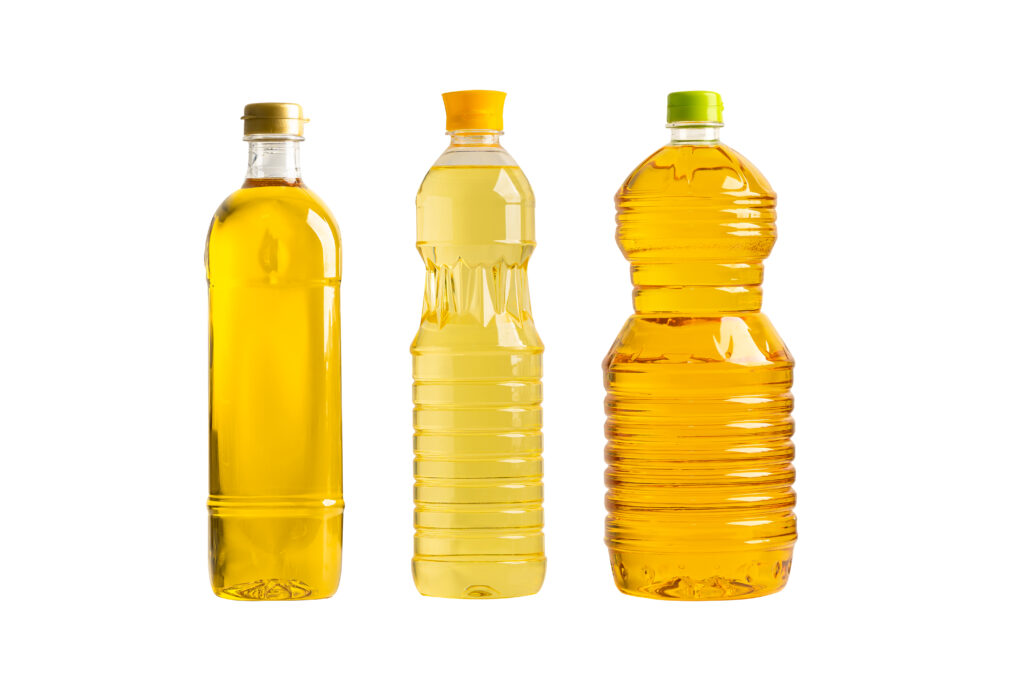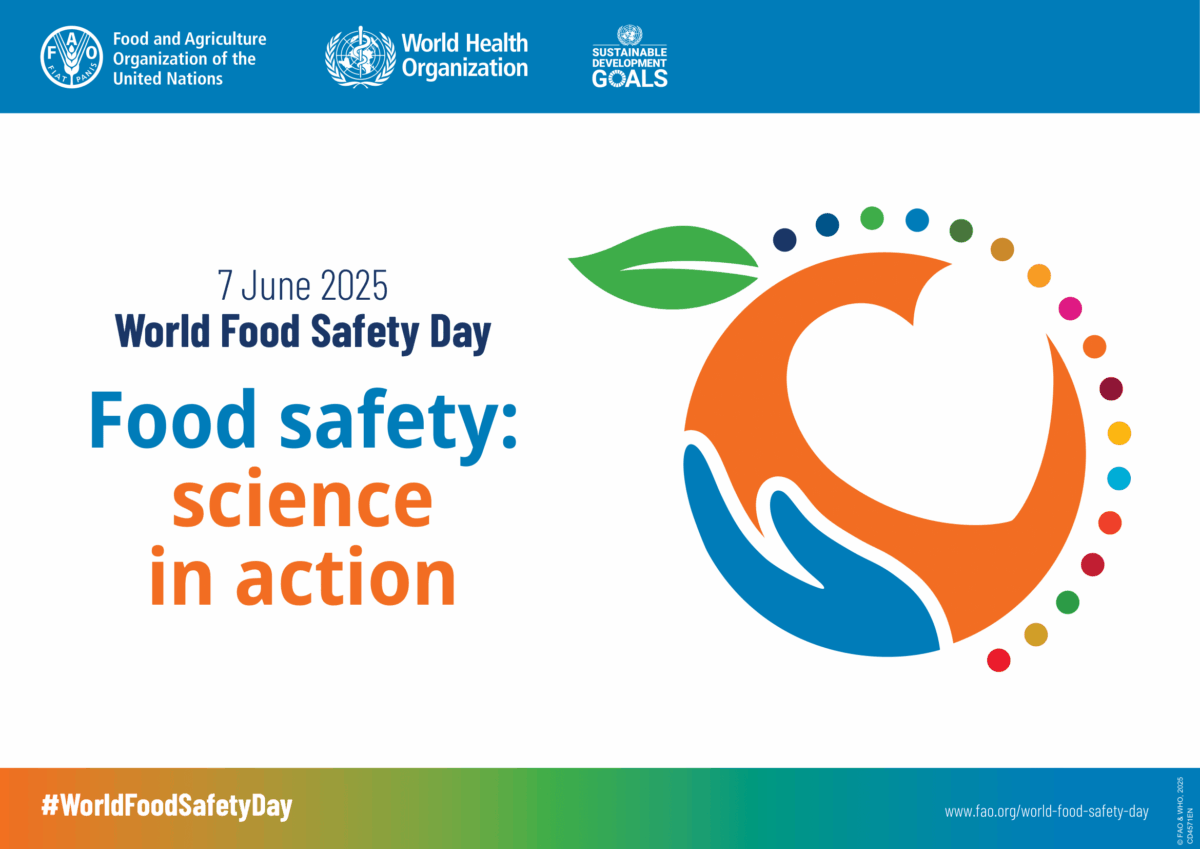In recent times, there’s been a flurry of questions circulating about canola oil, particularly regarding whether canola oil is banned in Europe. The answer is nuanced. While Europe has not completely prohibited canola oil, it has certainly placed the oil under a microscope, enacting stricter regulations around the sale of oils and fats, which impacts how canola oil is viewed and sold.
Such decisions always have reasons behind them, and diving deeper into this topic will offer a clearer understanding of Europe’s perspective and answer the question: “Is canola oil banned in Europe?”
History of Canola Oil
Originating from the seeds of the canola plant, canola oil found its beginning in Canada in the 1970s. Praised for its low saturated fat content and richness in omega-3 fatty acids, it has become a staple in numerous kitchens. Early rapeseed-derived canola had high levels of erucic acid, which can be harmful in substantial quantities.
To address this, Canadian scientists embarked on a journey to crossbreed different rapeseed strains. They named their innovative product “canola,” drawing inspiration from the phrase “Canadian oil.” This new oil is obtained by heating its seeds, crushing them and then processing them in ways similar to corn, sunflower and soybeans. The end product? The familiar golden liquid we identify as canola oil today.
Related: Top 8 American Foods Banned in Other Countries
Is Canola Oil Banned in Europe?
Rumors of a European canola oil ban first emerged in 2018, when widespread online discussions suggested that canola oil had been prohibited in Europe due to its allegedly hazardous fatty acid content. The word on the street was that the European Union (EU) had labeled canola oil as “toxic” and “carcinogenic.”
The EU’s heightened scrutiny of canola oil is largely due to concerns about its erucic acid content. Research has shown the potentially detrimental effects of erucic acid, including possible heart damage. Despite most global canola oil sources being low in erucic acid, Europe enforces stringent standards.
The European Food Safety Authority (EFSA) has voiced concerns regarding erucic acid but stops short of calling for an outright ban on canola oil. Still, the question, “Is canola oil banned in Europe?” reverberates, fueled by global debate on the oil’s safety and its compliance with international erucic acid standards.
Potential Health Risks
Canola oil’s health risks have stirred debate. Some research suggests potential risks like heart disease and inflammation, attributed to its high omega-6 fatty acids. In comparison to European favorites like olive oil, canola oil has advantages like a higher smoke point, which makes it suitable for frying, but lacks robust antioxidants found in alternatives. Still, the absence of beneficial antioxidants and an imbalanced omega-6 to omega-3 ratio has raised eyebrows.
Sustainability and the EU’s Canola Oil Dilemma
The environmental consequences of producing canola oil are significant since its cultivation demands extensive water and pesticide use. Not to mention, its transportation further increases its carbon footprint. Further heightening the concerns are the high temperatures and chemical solvents used in canola oil processing. Despite some brands pushing for organic and non-GMO canola oil, its overall sustainability remains disputed.
As with many products, consumers should beware of greenwashing. Companies might portray canola oil as a wholesome choice, glossing over its potential downsides. It’s crucial to read labels and investigate company claims. This is a common issue in the broader food industry that consumers should be aware of.
Repeatedly, the question “Is canola oil banned in Europe?” arises. The answer remains that while it isn’t outright banned, it’s closely monitored due to concerns around its erucic acid content. As consumers, understanding the potential health and environmental implications of products is vital.
The final choice of cooking oil is personal, influenced by health considerations, culinary preferences and environmental impact. It’s up to each individual to determine where canola oil fits into their diet, always backed by research and knowledge.
If you want your company to be featured on Xtalks.com, please email [email protected].












Join or login to leave a comment
JOIN LOGIN